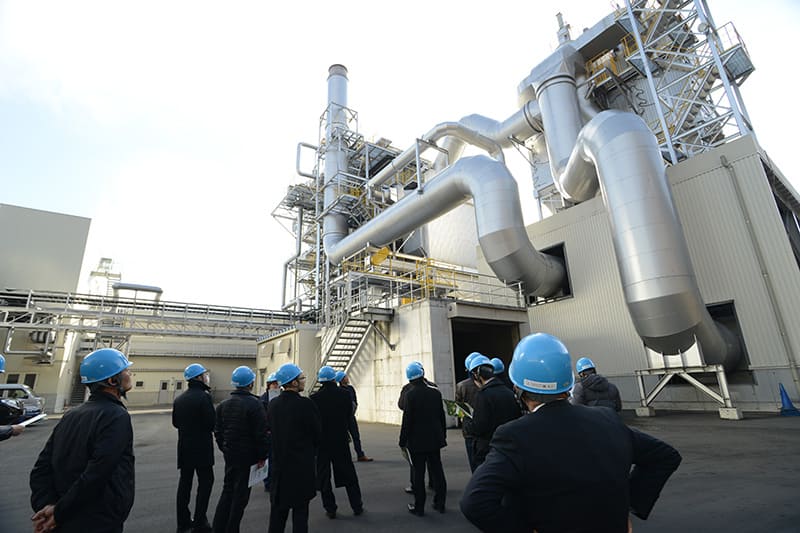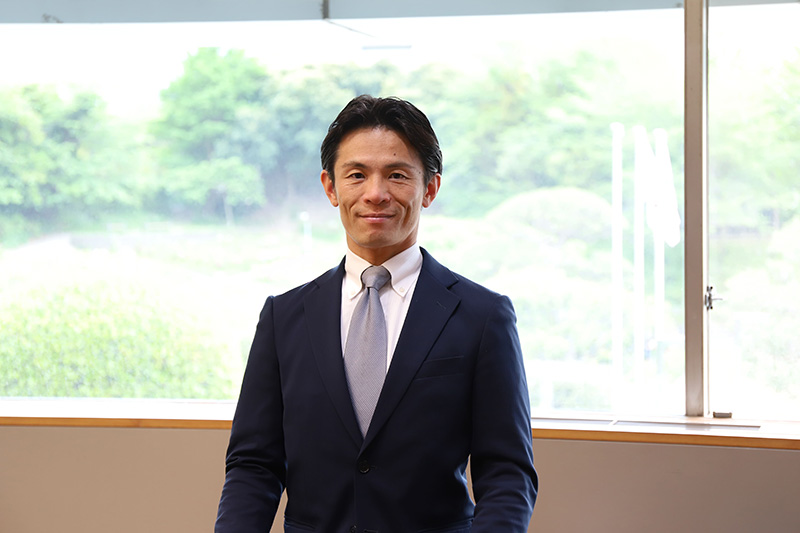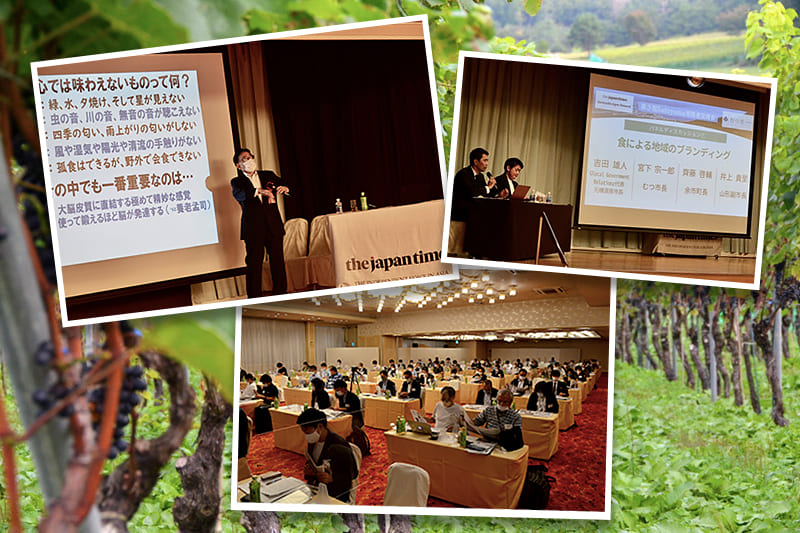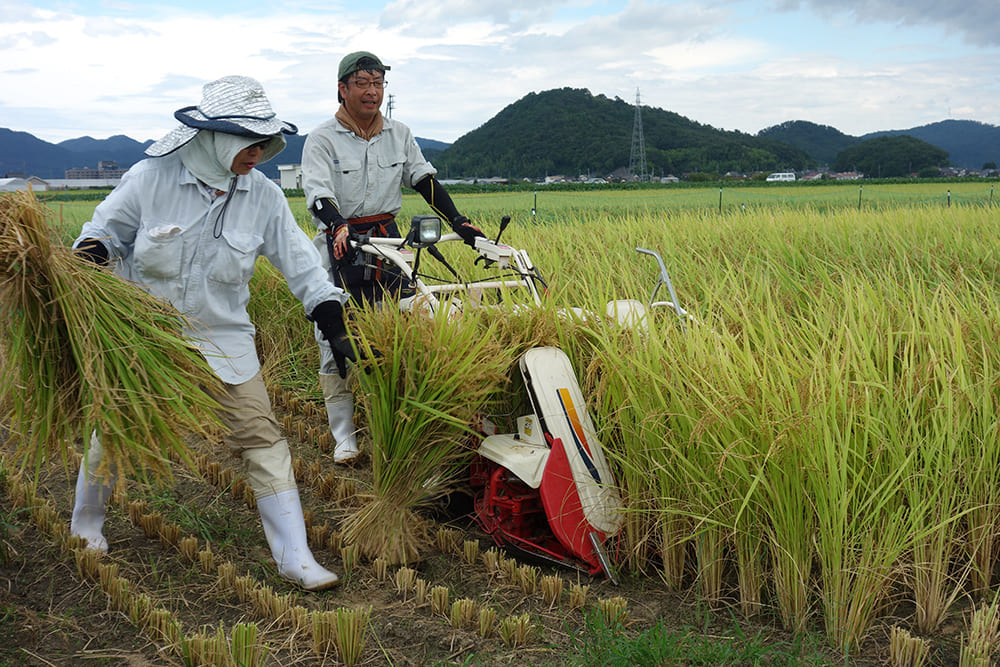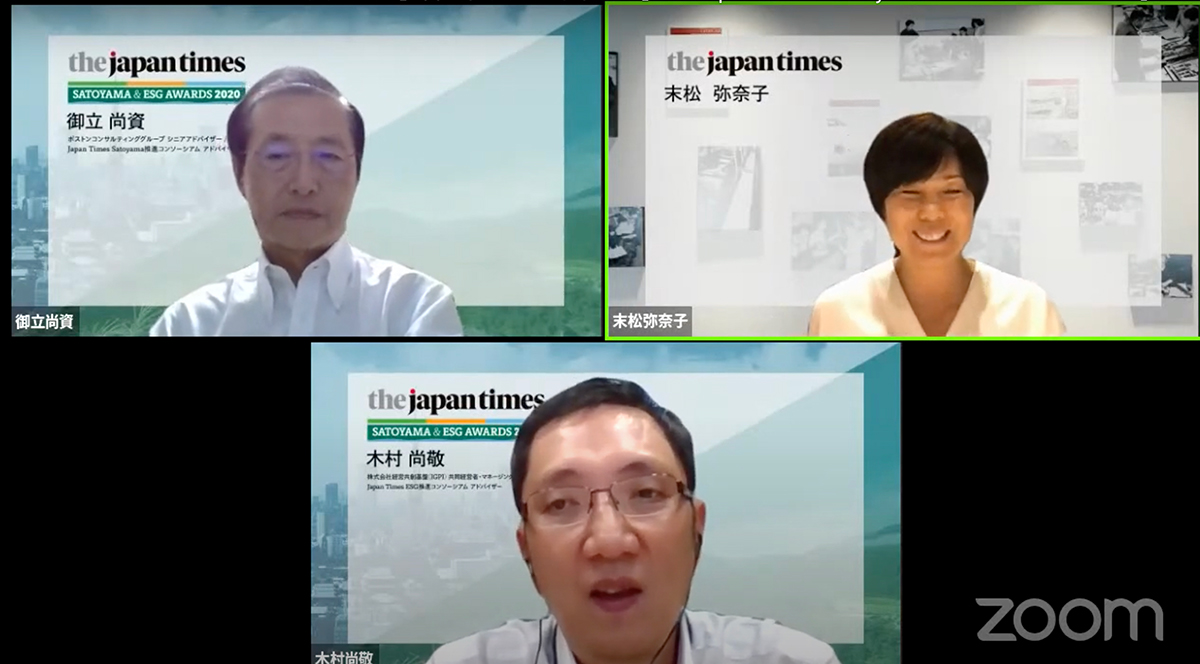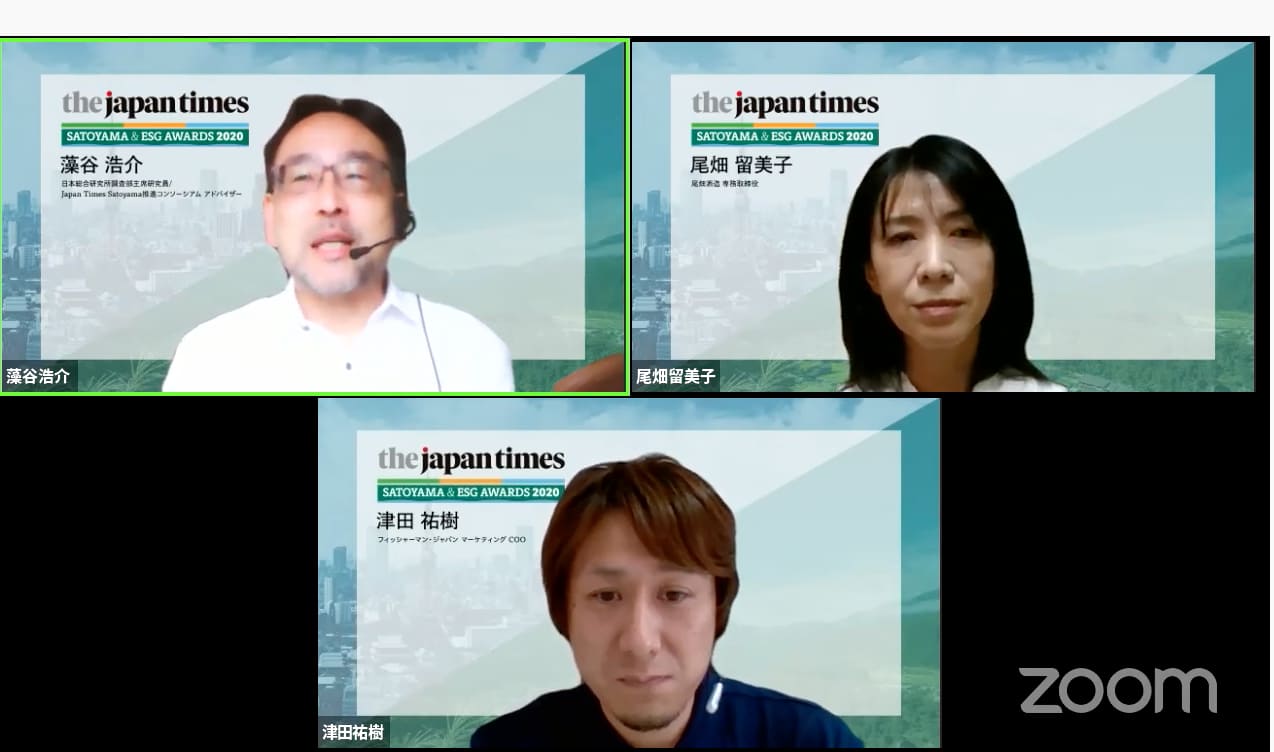October 22, 2021
Suntory invests for future with initiatives toward zero emissions
SPONSORED CONTENT
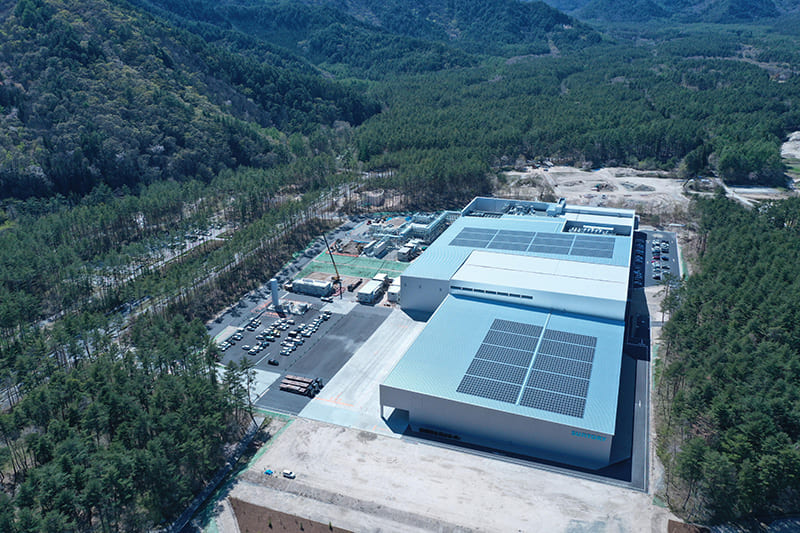
Suntory Holdings, a global leader in both the alcoholic and nonalcoholic beverage industries, has been making concrete plans and taking action to achieve its ambitious target of halving its greenhouse gas emissions by 2030 with the ultimate goal of realizing net zero greenhouse gas emissions throughout its entire value chain by 2050.
“Sustainability efforts centered around decarbonization is not an option anymore, it is a requirement,” said Corporate Sustainability Division Chief Operating Officer Tomomi Fukumoto in a recent online interview with The Japan Times.
She revealed that the number of inquiries on environmental topics to the customer support center has been increasing in the recent years. “Moreover, we received over 100 environment-related inquiries by August this year already. We see a clear increase in the public’s interest and feel that soon people will stop choosing products that are not good for the environment,” Fukumoto said.
Not only the customers but also the environment itself will not bear any more unsustainable business practices. “Especially for companies in the food sector, natural capital is the management resource. Climate change has an impact on everything from procurement cost to product quality,” Fukumoto said, stressing that decarbonization efforts are an investment for the future.
What exactly are the efforts being made by Suntory as steppingstones to achieve its aggressive goals? According to Fukumoto, approximately 30% of electricity used at Suntory’s directly owned factories as well as its research and development facilities in Japan, the Americas and Europe as of 2020 was generated from renewable sources. It plans to switch the remaining 70% to renewable electricity by 2022.
However, to achieve the 50% reduction in greenhouse gas emissions by 2030, the use of renewable electricity is not enough. This is why Suntory has been making extensive capital investment to realize manufacturing processes that consume less energy through technological innovation. The Suntory Kita-Alps Shinano-no-Mori Water Plant, which went into operation in May in Nagano, is an example of such investment. Utilization of renewable electricity and energy-efficient technologies as well as biomass boiler which will start operation at the plant from next year will enable it to be the first plant in Japan that has achieved zero emissions.
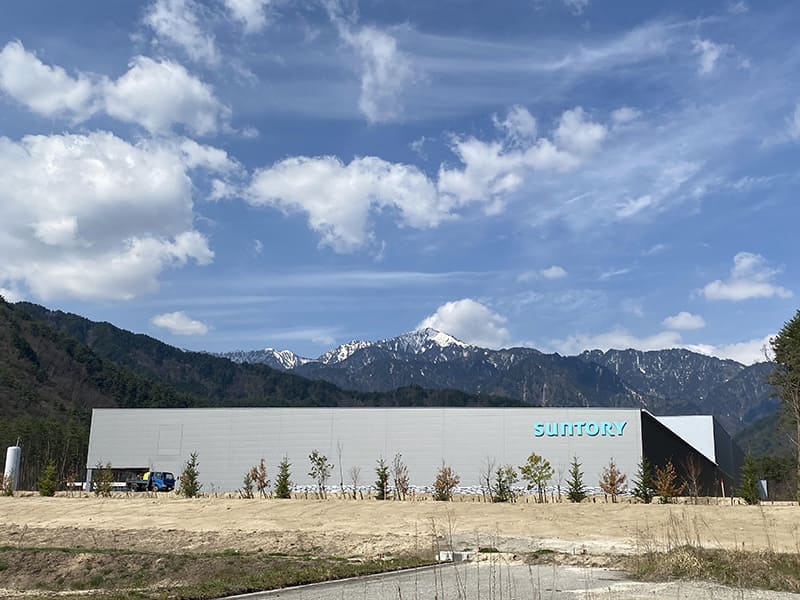
Fukumoto emphasized that what is equally necessary as such technologies is partnerships. “Partnerships are crucial not only for technological development but also for implementing new technologies and making a new business model. If the new business model fails to work, we may need to scale it up by the power of partnership. A supply chain itself is a partnership too,” said Fukumoto.
To reduce the 7 million tons of greenhouse gases emitted by the entire supply chain annually — several times more than what Suntory’s own facilities emit — close collaboration and information-sharing with companies in the supply chain is a must. “There are companies in the world that stop working with suppliers that are not quick enough in taking decarbonization measures. But our basic stance is to stand side by side with our suppliers and to make collective efforts offering manpower and technical support as needed,” Fukumoto said.
According to Fukumoto, the largest amount of carbon dioxide emitted from the supply chain network comes from packaging, followed by raw materials and logistics. Suntory has been reducing the emissions from packaging in two ways, replacing the petroleum-derived materials used for PET bottles with either plant-based or recycled materials. It aims to complete the replacement totally by 2030 and achieve zero use of petroleum-derived materials in its PET bottles.
In addition, Suntory’s F to P Direct Recycle technology allows part of the conventional PET recycling process to be skipped, reducing the environmental burden and improving efficiency. As a result, carbon dioxide emissions can be reduced by 60% compared to when preform PET are made using new petroleum-derived materials.
Suntory’s insight and partnership is even going beyond packaging for beverages. It took the initiative in establishing R Plus Japan Ltd. last year, a joint venture company developing a novel recycling technology that reduces mixed plastic waste to chemical elements that serve as the source material for making new plastic. Eleven other cross-industry partners originally joined the collaboration, and the number grew rapidly to over 30 in a little more than a year.
In the category of logistics, Suntory uses a system that computes the most efficient routes for delivery, is shifting to forms of transportation with lower emissions, such as rail or sea instead of trucks, and participates in a joint delivery system with other companies.
“One of our values is ‘Giving back to society.’ Instead of trying to make profit for our own sake, we aim to grow together with our suppliers and customers while addressing social issues of the time. This is how we have gained our stakeholders’ trust,” Fukumoto said.

